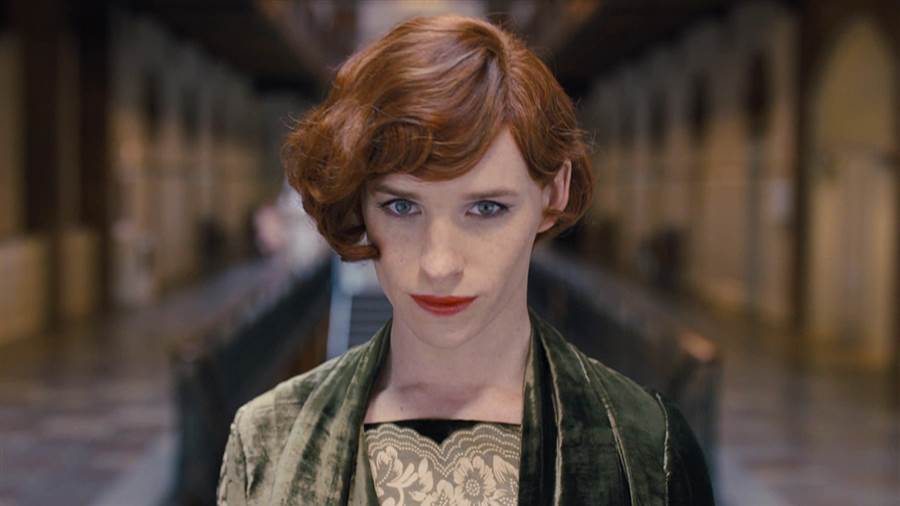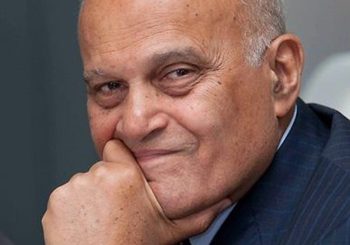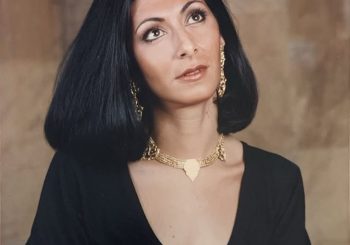By Samir Shalabi and Enas El Masry
In Egypt, a country that often portrays itself as conservative and religious, many internationally celebrated blockbusters and award-winning movies have found themselves shunned out of screening halls by the censorship authorities for fear of defying long-held morals and values.
However, despite Egypt’s ‘uptight censorship philosophy’ and its unwavering stance against transgenders and transsexuals, the new hit film The Danish Girl was released in Egypt on January 20, announced Four Star Films, a company distributing for Universal Paramount Movies in Egypt.
Six other Arab countries, including Qatar, the United Arab Emirates, Oman, Bahrain, Jordan and Kuwait have withdrawn the movie from cinemas.
Qatar’s ministry of culture said in a tweet that “We have communicated with the necessary departments and have banned showing the Danish film on movie screens” without providing further details as to the reason behind the decision.
The film had been screened in Doha, the capital of Qatar but was pulled after public criticism online against the film’s “moral depravity.”
The controversy surrounding the film has to do with the taboo in most Arab countries concerning issues of gender and sexuality. In addition, the censorship authorities are aware of the influential role cinema plays as a medium of art, which affects societal norms.
Despite being a highly taboo subject, gender reassignment operations are performed in Egyptian public hospitals free of charge, although mostly unofficially and after a long process of psychiatric evaluation. But according to Dr. Abdel-Rassoul, a urology consultant who performs gender reassignment operations, there is a widespread refusal within the medical community to accept that the phenomenon of “gender identity disorder” even exists. He says that that is because “you meet people who are more religious than scientific even within the medical community” and in that sense “they keep away from issues that are controversial.”
Even though The Danish Girl has been allowed for screening, the Egyptian film industry is all too familiar with banning movies on the basis of religious and societal concerns. A series of movies which have been banned for “blasphemous content” include the animated movie The Prince of Egypt (1998) which depicts Moses, The Passion of the Christ (2004), The Da Vinci Code (2006) and lastly Exodus: Gods and Kings (2014).
In 2014, Halawet Rooh (Arabic for “Sweetness of the Spirit”), starring Lebanese actress Haifa Wehbe was also prohibited from being shown in Egyptian theaters. Then-Prime Minister Ibrahim Mahlab said that the reason for not showing the film was to “preserve the morals of our children.”
“I personally consider it a crime [to censor movies],” independent filmmaker and director Karim Shaaban told Egyptian Streets. “It’s like castrating a movie,” he added, pointing out that if a director includes a scene, even if it’s a sexual one, then it necessarily adds to the core story line and its development.
Even though Shaaban is almost certain that many scenes would have been cut out of the movie before allowing it to screen in Egypt, he speculates it is more of a business decision than a cultural one. Based on his observation, more screening halls have recently been allocated for foreign movies, which he believes is due to the shrinking interest in Egyptian and Arab cinema.
“Censorship authorities in Egypt continue to play the paternal role which [they think entitles them] to morally direct society,” adds the director. “Instead of mandating what shows and what doesn’t, censorship authorities ought to raise the viewers’ awareness through adopting a rating system.”
The Danish Girl tells the story of one of the first persons to undergo gender reassignment surgery. Taking place in 1926 Copenhagen, Danish artist Gerda Wegener decides to paint her husband Einar Wegener (played by Eddie Redmayne) as a woman in one of her paintings. When the painting becomes popular, Einar begins to change his appearance so as to look more feminine and changes his name to Lili Elbe.
Directed by Tom Hooper, the film is based on a fictional novel of the same name by David Ebershoff, which was released in 2000 and is loosely based on the life of Danish painter Lili Elbe.
The Danish Girl stars Eddie Redmayne, who is nominated for an Oscar for his performance in the film and who also received an Oscar for the warmly-received 2014 movie The Theory of Everything, narrating the story of renowned physicist Stephen Hawking. The Danish Girl also stars Oscar-nominated Swedish actress Alicia Vikander.







Comments (0)